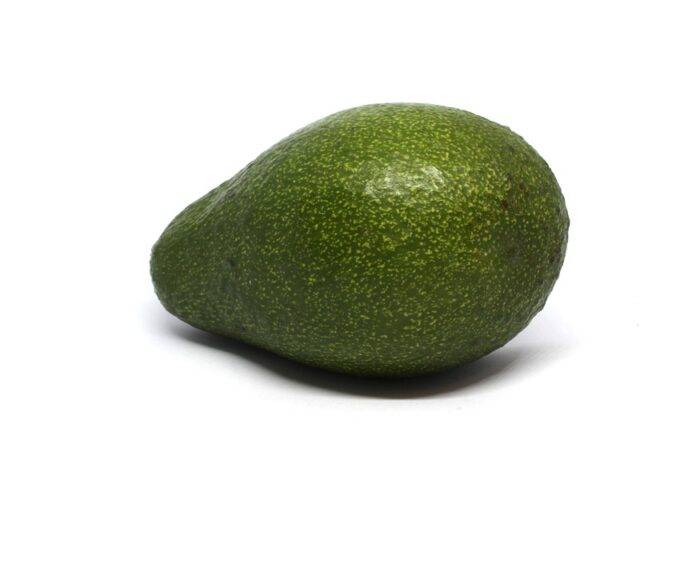Introduction
The avocado has grown from a niche fruit to a staple in global diets, particularly due to its health benefits and versatility. The rising demand has transformed the avocado market into a significant segment of international trade. This report will explore the top 10 avocado importing and exporting countries, providing detailed insights into trade volumes, financials, and market trends.
1. Mexico: The Leading Avocado Exporter
Mexico is the largest producer and exporter of avocados globally. The country accounts for over 30% of the world’s avocado production, with the majority cultivated in the state of Michoacán, which has the ideal climate for avocado growth.
In 2022, Mexico exported approximately 1.2 million metric tons of avocados, generating over $2.8 billion in revenue. The U.S. remains the largest importer, accounting for around 80% of Mexico’s avocado exports. The Mexican avocado industry has benefited from initiatives to increase production and improve quality, resulting in a 20% increase in export volumes from 2020 to 2022.
2. Dominican Republic: A Growing Player
The Dominican Republic has emerged as a significant player in the avocado export market. With favorable growing conditions and increasing investments in agriculture, the country exported about 120,000 metric tons in 2021, generating approximately $250 million.
The main export markets for Dominican avocados are the United States and Canada, which have shown a steady rise in demand. The Dominican Republic has focused on organic avocado production, which has enhanced its appeal in the health-conscious markets.
3. Peru: Expanding Export Capacity
Peru has rapidly increased its avocado production and export capabilities over the past decade. In 2022, Peru exported around 450,000 metric tons of avocados, primarily to Europe and North America, earning approximately $1 billion.
The country’s favorable climate and modern agricultural practices have enabled Peruvian farmers to produce high-quality avocados, making them competitive in international markets. The EU is a key market for Peruvian avocados, accounting for about 45% of total exports.
4. Chile: A Longstanding Avocado Exporter
Chile has a long history of avocado cultivation and exportation. In 2021, the country exported about 250,000 metric tons, generating revenues of around $600 million. The United States and Europe are the primary markets for Chilean avocados.
Chilean avocados face competition from other producers, but their unique flavor and quality have maintained a loyal consumer base. The country is also focusing on sustainable farming practices to enhance its market position.
5. Colombia: An Emerging Contender
Colombia is an emerging player in the avocado export market. The country has seen significant growth in avocado production, with exports reaching approximately 100,000 metric tons in 2022, valued at around $200 million.
Colombia’s strategic location allows for easy access to both North American and European markets. The government has been actively promoting avocado cultivation, providing support to farmers for improving production techniques and increasing quality.
6. Spain: A European Leader
Spain is the largest avocado producer in Europe, with a production volume of around 120,000 metric tons in 2021. The majority of Spanish avocados are exported to other European countries, with Germany and France being the largest importers.
Revenue from avocado exports reached approximately $300 million in 2021. Spain’s favorable climate, particularly in the southern regions like Andalusia, has enabled it to compete effectively with non-European producers.
7. Israel: High-Quality Exports
Israel is known for producing high-quality avocados, with exports reaching approximately 50,000 metric tons in 2021, generating around $150 million in revenue. The main export markets are Europe and the United States.
Israeli farmers focus on innovation and technology to enhance avocado cultivation. The country’s agricultural practices emphasize sustainability and water conservation, making its avocados popular among environmentally conscious consumers.
8. Kenya: A Rising Exporter
Kenya is emerging as a significant avocado exporter, with exports increasing from 20,000 metric tons in 2018 to about 80,000 metric tons in 2022. The revenue generated from avocado exports approached $200 million.
The United Arab Emirates and Europe are key markets for Kenyan avocados. The growth of the avocado sector in Kenya has provided numerous job opportunities and has become an essential part of the country’s economy.
9. United States: A Dual Role as Importer and Producer
The United States is not only a significant importer of avocados, primarily from Mexico, but it is also a producer. In 2021, the U.S. produced around 300,000 metric tons of avocados, mainly in California and Florida.
The U.S. avocado market is valued at approximately $3 billion. Despite being a producer, the U.S. imports around 1.5 million metric tons of avocados each year, primarily to meet domestic demand.
10. South Africa: A Developing Market
South Africa has been increasing its avocado production and exports, reaching about 60,000 metric tons in 2021, worth approximately $150 million. The primary markets include Europe and the Middle East.
The South African avocado industry is focused on organic and sustainable farming practices, which have enhanced its international appeal. The government is investing in improving infrastructure and export capabilities to further boost the avocado sector.
Conclusion
The global avocado trade is witnessing robust growth, driven by increasing demand for healthy food options. The top exporting countries, including Mexico, the Dominican Republic, and Peru, dominate the market, while emerging players like Colombia and Kenya are rapidly expanding their presence. The U.S. plays a dual role as both a producer and importer, reflecting the fruit’s popularity in American diets.
As the market continues to evolve, factors such as sustainability, organic production, and technological advancements in agriculture will shape the future of avocado trade. Countries that adapt to these trends will likely enhance their competitiveness and achieve greater success in the global avocado market.



